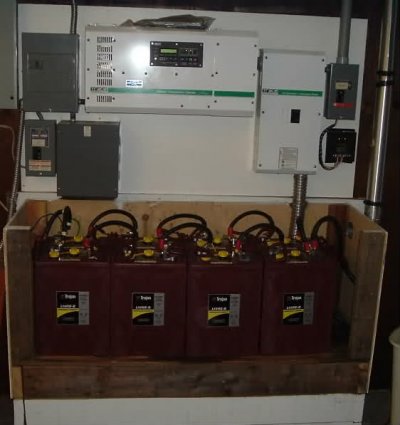Stonefeather
Active member
Hey all,
A few years ago when I bought my 2006 Trail Sport FQ 27' TT I was told that more is better and so I went with a high dollar battery (Optima) that turns out isn't really worth a poot! Granted I've had the TT in covered storage for the last year with intermittent shore electricity (two TT's per 20A breaker, one 110 plug per customer). Sometimes there is an outage and a couple months before I check it. (Kept off site D/T Bastrop fires)
So, two questions. If I just park it at the house and connected to 110, how long will it take to charge a dead battery?
And two, Can anyone recommend a good battery for my little 27ft TT that will last and also get me through a rough patch if needed?
For now the Optima is dead, dead, dead. I don't really run much off the single battery, but do need it for tongue jack, occasional lights etc... In other words, I don't go all commando out in the wilderness.
Any suggestions?
Thanks,
SF
A few years ago when I bought my 2006 Trail Sport FQ 27' TT I was told that more is better and so I went with a high dollar battery (Optima) that turns out isn't really worth a poot! Granted I've had the TT in covered storage for the last year with intermittent shore electricity (two TT's per 20A breaker, one 110 plug per customer). Sometimes there is an outage and a couple months before I check it. (Kept off site D/T Bastrop fires)
So, two questions. If I just park it at the house and connected to 110, how long will it take to charge a dead battery?
And two, Can anyone recommend a good battery for my little 27ft TT that will last and also get me through a rough patch if needed?
For now the Optima is dead, dead, dead. I don't really run much off the single battery, but do need it for tongue jack, occasional lights etc... In other words, I don't go all commando out in the wilderness.
Any suggestions?
Thanks,
SF

